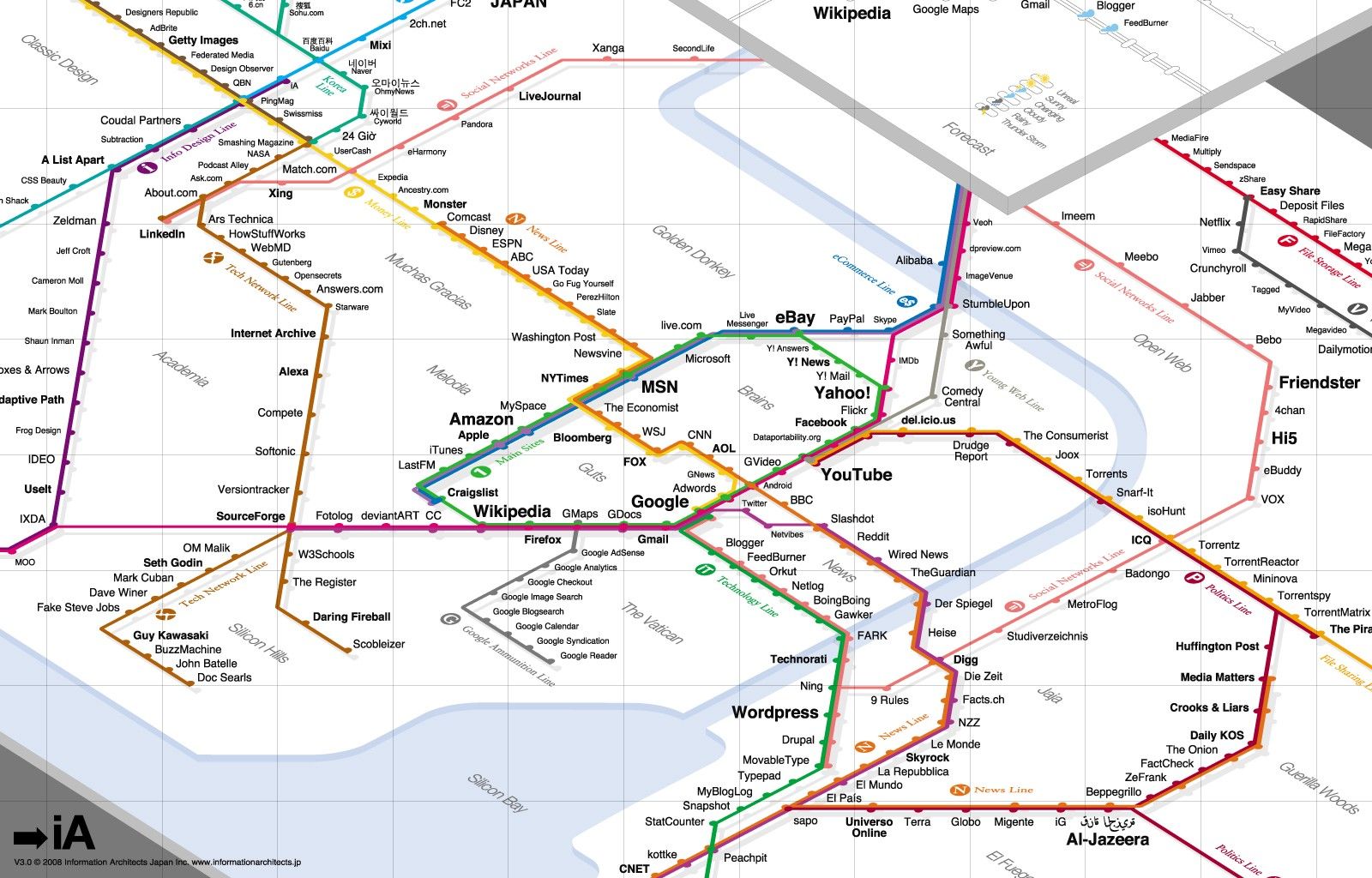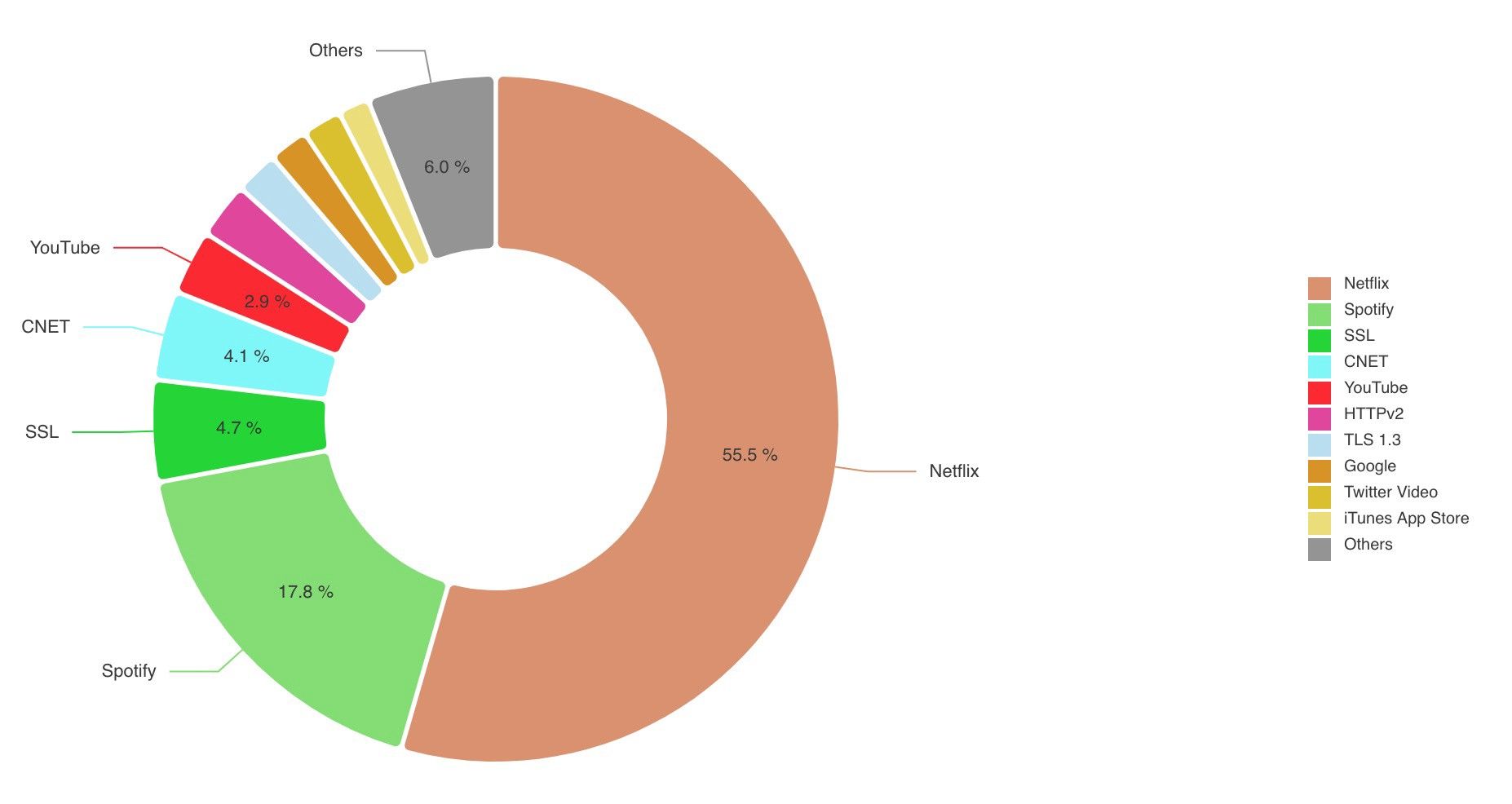A Design For A Paid Internet
What if the whole thing was a paywall?

What if the Internet wasn’t free? What would a paid Internet look like, if you built it from the ground up? This is a thought experiment trying to answer that question. I don’t know if the result is a good idea, but it is an idea.
Today the Internet is ‘free’, but our personal data, time and even democracies are monetized. The free Internet has given rise to surveillance capitalism, and all its attendant ills. What if there was another way?
This idea starts with the fact that the Internet isn’t free. We all pay an Internet bill. Either to the phone company, the cable company, or someone. Every use of the Internet is paid, but the money just isn’t distributed. What if it was?
As an example, here’s a look at my household’s Internet use for one day:

Right now I pay a (per GB) charge for all of this to the phone company, but none of it goes to the services I use, or the websites I visit. What if it did?
In the simplest version of this, you’d just pay websites/services based on the bandwidth. So say Netflix would get $5.55, Spotify $1.78, etc. But this would get screwy fast. If that was the deal, I’d just include a few 300MB images in my blog posts and get PAID.
So let’s try something a bit more complex.
You start with a base rate for a visit to a website and bandwidth use. This would be small, maybe a surcharge of 20% on your Internet bill. Beyond that, however, services could ask you to pay more. A blogger could ask for $5 for daily or monthly access. A scientific publication could request $50. And so on. This would be a flexible, global paywall, with all the cash collected by your data provider.
Throw some blockchain in to make it sexy. And what the hell, a little AI.
This has some obvious problems of course. What if you don’t pay your Internet bill? How does the money get back to the content provider? This would have been unsolvable in the Internet’s early days, but it is possible now.
Just imagine a big blockchain ledger with the rates for all websites and their accounts. Then imagine another ledger for each user, with their personal usage. Compare the two, do the debits and credits, and enable all transactions through a cryptocurrency. This would all connect back to the real world by the bill you’re already paying — your data bill. Only this time you would be paying the true value of that data, both the bandwidth and the content itself.
That’s one design for a paid Internet. It’s grossly simplified, likely full of fatal errors, and — even in the best case — full of unintended consequences which could end us up on a worse timeline than today. But it’s worth thinking about.
Making the Internet ‘free’ has made us all commodities. If we paid for it, then maybe we could all be free.